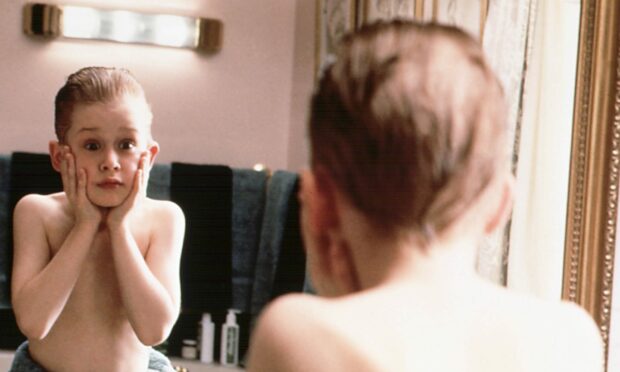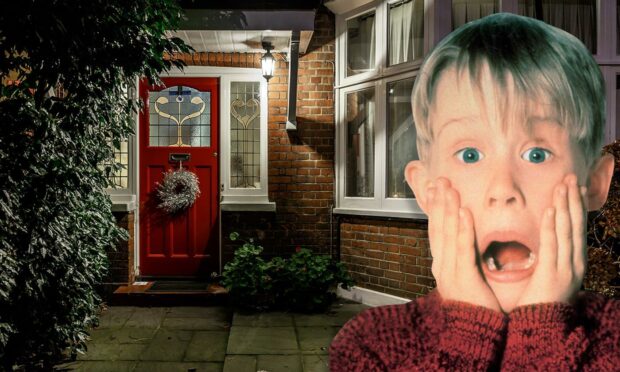After I tussled with the dilemma of leaving my 10-year-old “Home Alone”, we asked you what you thought.
And the results are in: 12 got the most votes for being the age when kids are mature enough to be left on their own.
Scottish Government guidance states that there is no law about what age your child can be left at home.
Despite this, parents can be fined or even sent to prison if they leave their child at risk by leaving them alone.
We put it to readers to have their say, with nearly 2,000 responding to our poll.
Asked what age is appropriate to let children stay at home alone, the home alone poll results had more than 30% saying 12.
This was almost twice the number (16%) who thought 13 most appropriate.
In joint third (14%) were 10 and 14, with 11% saying 11.
Those choosing ages 12 and under totalled 60%.
Only 2% said they weren’t sure.
As far as the law is concerned, leaving children home alone is something of a grey area. And this was to some extent reflected in the results of our poll.
Most think under 10 is too young
What was clear is that the vast majority think children younger than 10 should never be left at home.
Only 5% thought kids aged six, seven, eight or nine were mature enough to be home alone.
Within hours of going live, the Press & Journal and Evening Express Facebook pages saw hundreds of comments from readers.
It showed the home alone poll results were very nuanced.
Amelie Scott said: “It depends on the child and their maturity. Do they know who to phone in an emergency? Can they be trusted not to put a metallic can in the microwave, etc.?”
“I had my own key at seven in the 90s. But times are different now.”
– P & J reader Stephen Waddell
Beverley Nicholson echoed this, saying that she would have left her daughter alone at an age she wouldn’t have left her son.
Leola Mitchell said 14 was old enough, “for a short time and only if there is one of them. Two can get into a sibling fight.”
Dennis Scott said the important thing is for parents to teach their kids basic life skills, to help them look after themselves.
Some recognised that times have changed. Stephen Waddell said he had his own key at seven, back in the 1990s, but “times are different now”.
Majority in favour of legislation
We also asked whether there should be a legal age for when children can be left home alone.
A slight majority, just over 57%, think there should be legislation, with just under 39% happy with how things are.
Just over 4% weren’t sure.
Laura Fraser thinks there “absolutely should be a minimum age” – which she thinks should be 16.
Meanwhile Andy Garrett felt “common sense” the best judge, rather than the law.
So, mixed views, which perhaps underlines NSPCC Scotland’s stance that “every child matures differently, so it would be almost impossible to have a ‘one size fits all’ law.”
More from the Schools and Family team
Who decides when my child’s school should be closed?
What Aberdeenshire’s green hero Lewis thought of William and Kate

